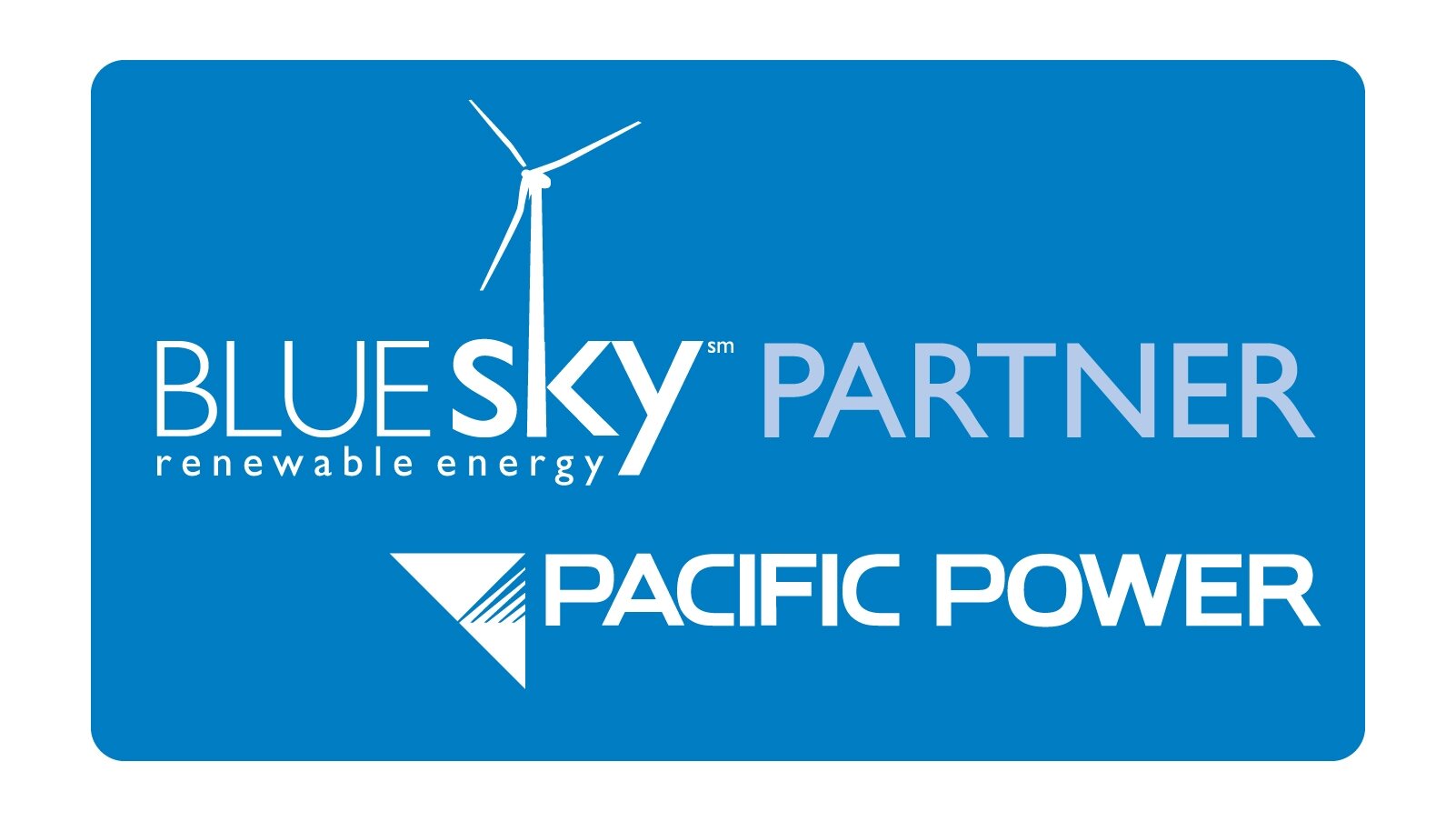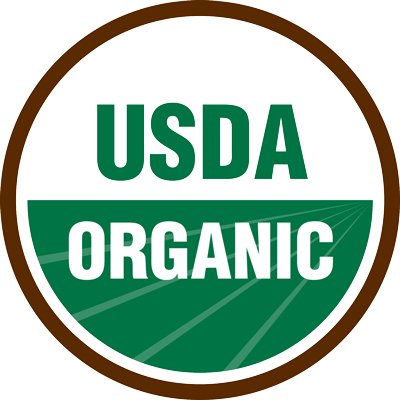Blog & Recipes
Shop Local and Create a Better Future
Supporting businesses owned by our friends and neighbors helps keep dollars circulating in our local economy instead of sending profits out of state.
The Sustainable Silverware Project
Here at the Co-op, we are exploring and researching ways to reduce plastic usage, and we often find that each solution comes with unique challenges.
Zero Waste Grocery Shopping
Grocery hauls are frequently loaded with packaging, plastic, and waste. Learning to avoid this unnecessary trash is an important component of the zero waste lifestyle and helps protect your health and the beautiful planet we live on!
Eat, Buy, Love Local
You probably hear the word “local” a lot these days. What does it bring to mind for you? Maybe businesses owned by your neighbors? Or small family farms? Most of us have an idea of what local means – a personal definition.
Reducing Waste
Because we are committed to being good environmental stewards, we will continue to seek out more ecologically sound packaging and sustainable options.
We're Sustainability Stars!
Medford Food Co-op has been named a Sustainability Star by National Co+op Grocers (NCG) for excellence in our sustainability efforts.
Our Local Food System
Do you know where your food comes from? How did the food on your plate find its way from the farmer's field to your dinner table?
Blue Sky: Renewable Energy from Pacific Power
When you enroll in the Blue Sky program, Pacific Power purchases electricity from renewable resources that is delivered to the regional power system equal to your Blue Sky purchase.
Why Buy Organic (Part 2)
We continue the discussion with information about the environmental advantages of organics and concerns surrounding GMO foods.
Why Buy Organic (Part 1)
The organic label stands for and honors a lot of important issues in our food system from the way agricultural products are grown and harvested to the way the growing processes affect the environment.
Pollinators are the Bee's Knees
More than two-thirds of the world's crops rely on insects for pollination.










